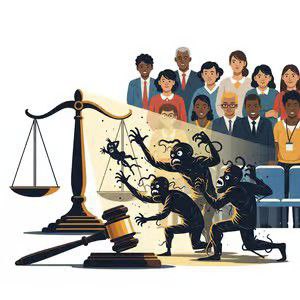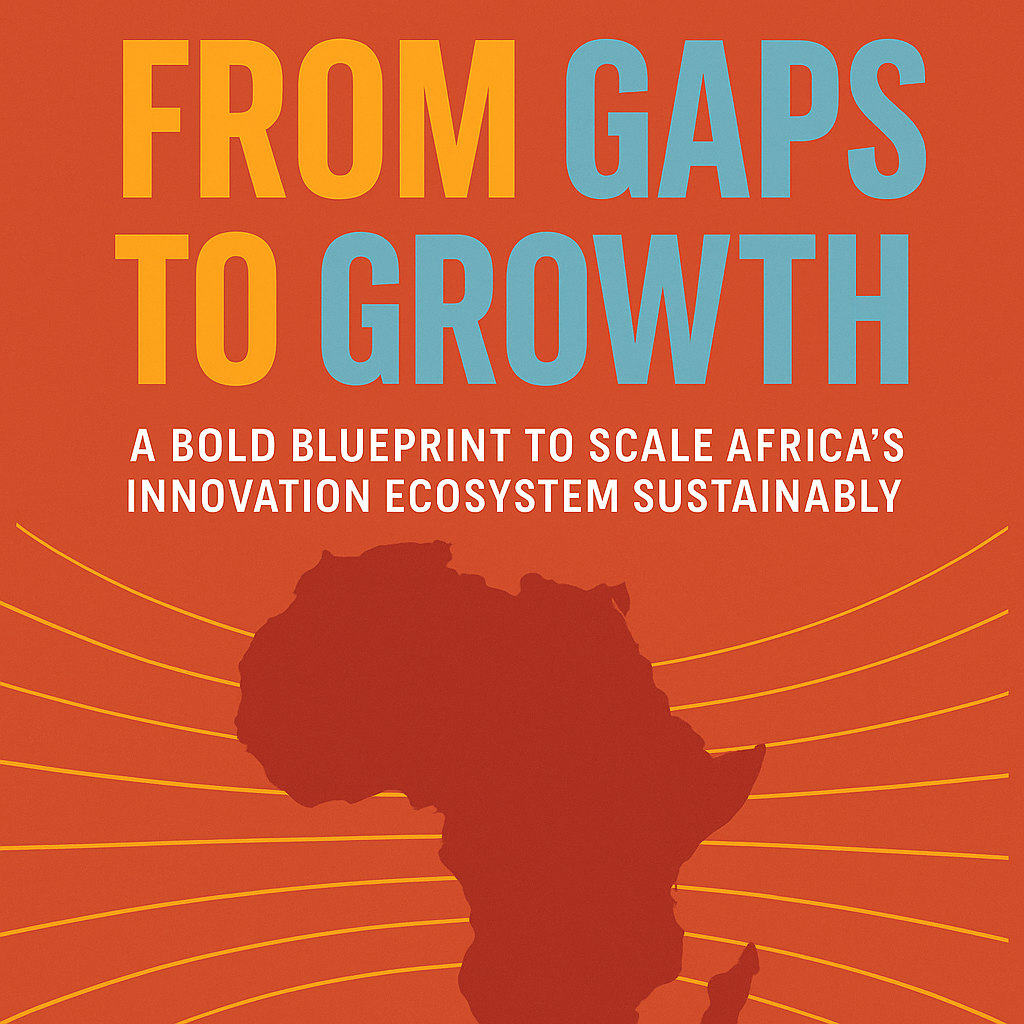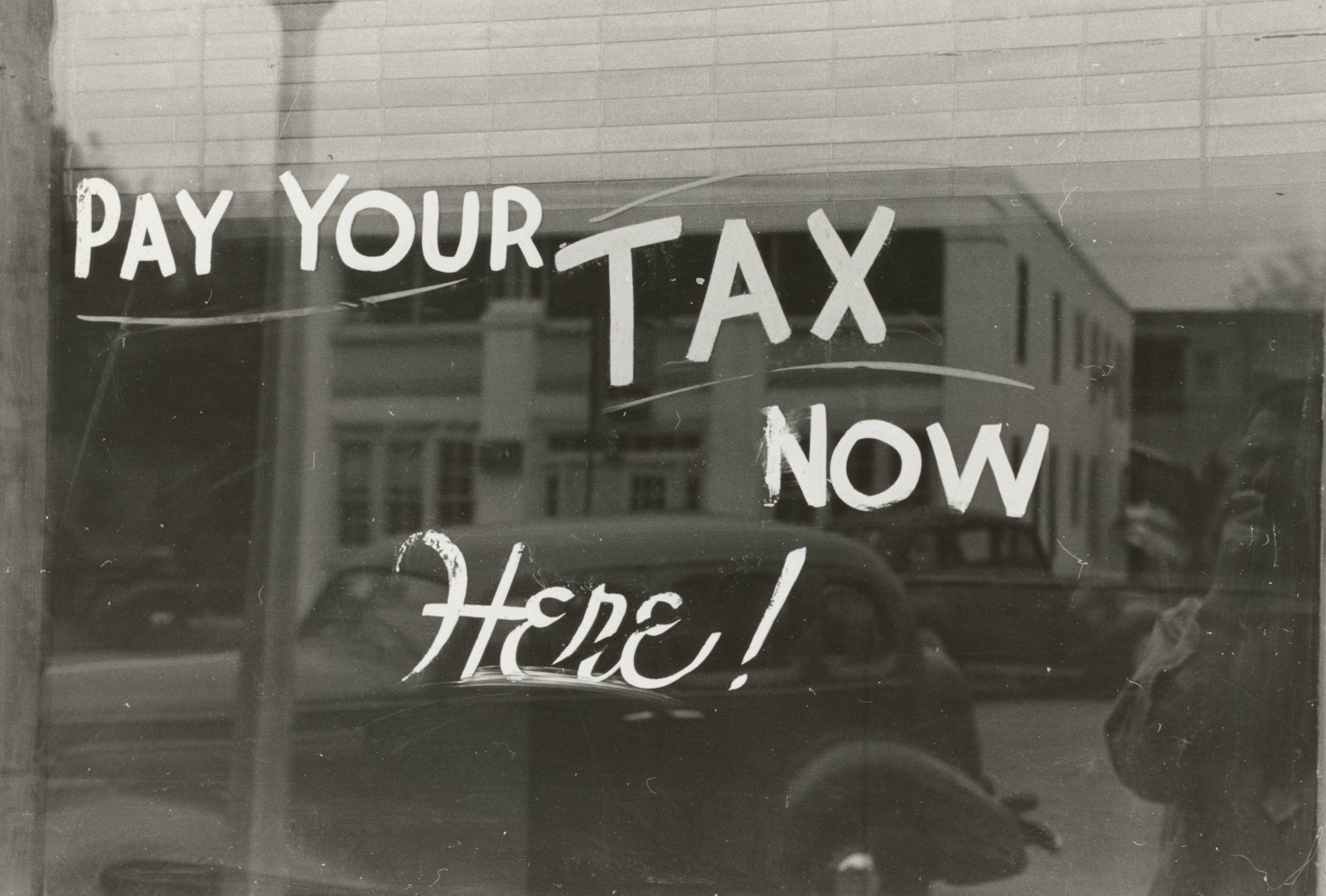Political Patronage and the Foundations of Power
Political patronage has been a defining feature of governance across centuries, shaping how leaders consolidate power and maintain loyalty. At its core, political patronage is the practice of rewarding allies with positions, resources, or privileges while sidelining or punishing those who opposed the ruling authority. Although it is often presented as a natural extension of victory in politics, this practice raises serious questions about fairness, transparency, and justice in democratic systems.
From ancient kingdoms to modern democracies, political patronage has acted as both a tool of control and a source of controversy. Leaders justify it as a way of ensuring that their vision is carried out by loyal supporters, while critics argue that it undermines meritocracy and replaces competence with favoritism. Understanding the depth of political patronage requires not only looking at its historical roots but also analyzing how it continues to shape political landscapes today.
The principle behind political patronage seems simple: the victorious reward their own. Yet beneath that simplicity lies a complex web of motivations, consequences, and ethical dilemmas. In countries where institutions are fragile, patronage can erode trust in governance. In more stable democracies, it still sparks debates on whether the system serves citizens equally or merely reinforces cycles of privilege. This duality makes political patronage one of the most enduring yet contested practices in political life.
The Mechanisms of Political Patronage
To fully grasp the nature of political patronage, one must examine the mechanisms through which it operates. At the most visible level, patronage manifests in appointments to government positions. When a political party wins an election, it often fills key offices with loyal members who supported the campaign. This act, while expected by many, raises concerns about whether positions are allocated based on loyalty rather than competence. Critics argue that when merit takes a backseat to loyalty, the effectiveness of governance suffers.
Another mechanism lies in the distribution of state resources. Contracts, funding, and development projects may be directed disproportionately toward regions or communities that supported the ruling party. While this rewards loyalty, it simultaneously alienates other segments of the population, deepening divisions and reducing trust in national unity. Political patronage thus transforms governance into a game of selective benefits, where allegiance determines access to opportunities.
Beyond appointments and resources, political patronage also infiltrates less visible but equally powerful arenas such as the judiciary, law enforcement, and state-owned enterprises. These institutions, when captured through patronage, lose their independence and become instruments of political control. This erosion of institutional autonomy poses a serious threat to democracy, as the checks and balances necessary to safeguard citizens’ rights are gradually dismantled.
Political Patronage and Democratic Legitimacy
The relationship between political patronage and democratic legitimacy is fraught with contradictions. On one hand, political leaders argue that rewarding supporters is a natural outcome of electoral victory. After all, those who campaigned, funded, and voted for the winning party expect recognition. On the other hand, democracy is built on the principles of equality and fairness, where governance should serve all citizens regardless of their political alignment. This tension creates an ongoing debate about whether patronage strengthens or weakens the legitimacy of democratic institutions.
Supporters of political patronage claim that it fosters stability by ensuring that those in power can rely on loyal allies to implement policies effectively. They argue that without such rewards, political coalitions would fracture, leading to instability and inefficiency. However, critics counter that political patronage creates a closed circle of privilege that excludes the majority of citizens from meaningful participation in governance. Instead of strengthening democracy, it risks reducing it to a system where power is recycled among a select few.
The legitimacy of democracy depends not only on holding free elections but also on how power is exercised afterward. When political patronage dominates the post-election environment, citizens may begin to question whether their voices truly matter. If only supporters are rewarded and opponents are punished, the promise of equality under democracy becomes hollow. In this way, political patronage challenges the very foundation of democratic trust and weakens the social contract between the people and their leaders.
Historical Roots of Political Patronage
Political patronage is not a modern invention but rather a practice with deep historical roots. In ancient empires, rulers secured loyalty by granting land, titles, and privileges to allies who had proven their support. These rewards were not simply gestures of gratitude; they were strategic tools designed to ensure that power remained concentrated in the hands of the ruling elite. By tying benefits to loyalty, rulers created a system in which opposition was not only discouraged but also dangerous.
Throughout medieval Europe, monarchs distributed favors and positions within royal courts to maintain control over nobility. Political patronage acted as both a carrot and a stick: loyalty was rewarded with influence and wealth, while dissent risked exclusion or punishment. This pattern of governance established a precedent that would later be adapted by modern states, where political leaders continue to balance rewards and sanctions to secure their positions.
The colonial era also witnessed the expansion of political patronage, as imperial powers relied on local elites to enforce authority. By offering political and economic incentives to cooperative leaders, colonizers entrenched systems of patronage that persisted long after independence. Today, many postcolonial states still struggle with the legacy of political patronage, where personal networks often outweigh institutional merit in the allocation of opportunities and resources.
The Social Consequences of Political Patronage
Political patronage extends beyond the corridors of power, shaping the social fabric of entire nations. When citizens observe that rewards are distributed based on political loyalty rather than merit, it fosters cynicism and erodes trust in public institutions. People begin to perceive politics not as a platform for collective progress but as a marketplace of favors, where only the loyal are entitled to benefits.
This dynamic often deepens divisions within society. Communities that align with the ruling party may enjoy preferential access to resources such as infrastructure projects, educational opportunities, and public services. Meanwhile, those who oppose the ruling power risk marginalization, which exacerbates inequality and fuels resentment. Over time, this unequal distribution of opportunities transforms political affiliation into a matter of survival rather than choice, undermining the principles of democratic freedom.
Another social consequence of political patronage is the erosion of meritocracy. When individuals see unqualified candidates placed in key positions due to loyalty, it undermines faith in fairness and discourages excellence. Talented citizens may choose to disengage from public service altogether, believing that their skills will never outweigh political connections. This loss of human capital weakens the nation’s capacity to grow, innovate, and compete on the global stage.
Political Patronage and Corruption
One of the most significant criticisms of political patronage is its close relationship with corruption. By blurring the line between public interest and private loyalty, patronage creates fertile ground for abuse of power. When leaders prioritize rewarding supporters, they may overlook transparency and accountability, allowing corruption to flourish unchecked. This not only harms governance but also damages the overall economy, as public funds are diverted to serve partisan interests rather than national development.
Corruption linked to political patronage can take many forms. It may involve awarding government contracts to loyal businesses regardless of their qualifications, or granting high-ranking positions to individuals without the necessary expertise. In some cases, it extends to judicial systems, where loyal judges are expected to rule in favor of the government. Such practices weaken institutional integrity and reduce public confidence in the fairness of the system.
The link between political patronage and corruption also reinforces a vicious cycle. As citizens lose trust in democratic institutions, they may turn to patronage networks themselves as a means of survival, further entrenching the system. Instead of seeking justice through official channels, people may seek favors from political figures, normalizing the very corruption that undermines their rights. This cycle is difficult to break and poses one of the greatest challenges to democratic reform.
The Global Dimension of Political Patronage
Political patronage is not confined to a single country or region but is a global phenomenon that manifests differently depending on cultural and institutional contexts. In some democracies, patronage appears subtle, taking the form of political appointments or strategic alliances. In other regions, it is more explicit, with entire systems of governance revolving around the exchange of favors and loyalty. This global dimension reveals that political patronage is not an isolated problem but a recurring challenge for political systems worldwide.
International organizations often warn against the dangers of unchecked patronage, emphasizing that it can hinder development and democratic progress. When governments prioritize rewarding loyalists over fostering inclusive policies, the result is a political landscape that favors short-term gains over long-term stability. Nations caught in this cycle frequently struggle to attract investment, maintain institutional credibility, and inspire confidence among their citizens.
Comparative studies also highlight how different countries manage the balance between political patronage and merit-based governance. Some have introduced reforms that limit appointments based on loyalty, while others have strengthened oversight institutions to promote transparency. These global lessons demonstrate that although patronage is deeply entrenched, it can be mitigated through deliberate reforms and citizen engagement.
Reforming Political Patronage
Efforts to reform political patronage require strong political will and sustained public pressure. Institutional reforms such as independent commissions, transparent recruitment processes, and stricter anti-corruption frameworks can help reduce the influence of patronage. However, these reforms often face resistance from those who benefit most from the existing system, making progress slow and contested.
One promising approach lies in empowering civil society and the media to hold leaders accountable. By shedding light on patronage-driven decisions, journalists and advocacy groups can push governments toward greater transparency. Public education is equally important, as citizens who understand the costs of political patronage are more likely to demand reforms that prioritize merit and fairness. Without such awareness, patronage continues to thrive in the shadows, immune to democratic pressure.
In Mauritius, debates around governance and fairness have grown sharper, reflecting a society increasingly concerned about transparency. To explore deeper analysis of these dynamics, readers can review expert opinions on political accountability. These discussions provide valuable context for understanding how reforms can shape the country’s political future.
Conclusion
Political patronage remains one of the most enduring and controversial practices in political life. While supporters argue that it secures loyalty and stability, critics emphasize its corrosive impact on fairness, transparency, and democratic legitimacy. By rewarding allies and punishing opponents, political patronage risks transforming democracy into a system of exclusion rather than inclusion. The challenge lies not only in recognizing the dangers of patronage but also in mobilizing collective efforts to reform it.
Global experiences show that while patronage cannot be eliminated overnight, it can be mitigated through transparency, accountability, and civic engagement. Citizens, institutions, and leaders all have a role to play in reshaping governance so that it truly serves the people rather than partisan networks. As the debate continues, it is vital to acknowledge that addressing political patronage is not merely a matter of good governance but a cornerstone of preserving democracy itself.
For further insights into the risks posed by patronage-driven governance, the Transparency International resource on political integrity offers a comprehensive overview. This external perspective provides readers with global best practices and solutions that can inspire reforms at both national and international levels.




